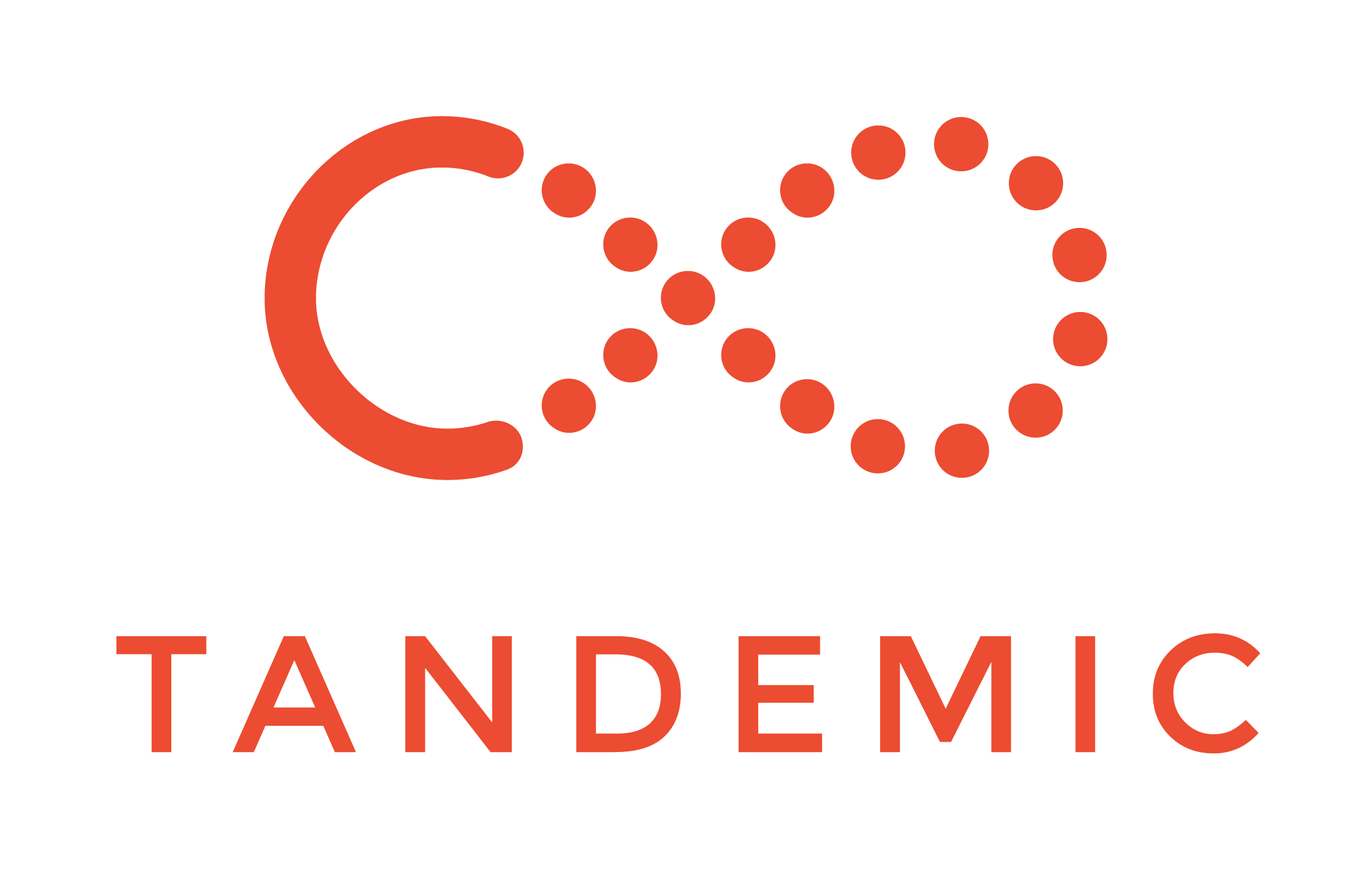Over the past few months, we’ve been helping run Changeweekend, a programme in Kuala Lumpur that helps social enterprises become operationally ready and helps nonprofits transform themselves into social enterprises over 10 months.
Working on this programme has been hugely interesting, particularly as we look to it as a test bed for new approaches to building social enterprises. Design Thinking and Lean Startup have been deeply embedded throughout the programme.
With organisations from Nepal, Vietnam, the Philippines, Singapore, and of course Malaysia participating in Changeweekend, I think we’re really starting to see Malaysia developing as a centre for social innovation in Asia.
Through Design Thinking, we’re using the approach designers use to solve problems and applying it to social issues. Design thinking makes use of anthropological methods such as observation and qualitative interviewing as well as rapid prototyping.
Lean Startup is an approach from Silicon Valley that’s quickly becoming the template for building new businesses in the technology start-up space. Lean Startup is a data-driven approach to figuring out whether there is a market for your product or service before you even launch your final product. John Rehm, the founder of IDEO’s Singapore office has been working with us to integrate design thinking into the programme. John also facilitated the first Changeweekend session. We worked with Brant Cooper, author of The Entrepreneur’s Guide to Customer Development, to integrate Lean Startup into the programme.
While many of the participants at Changeweekend will be working on applying these approaches after this weekend, each of the organisations started applying these approaches during the workshop. It was really encouraging to see how many of them naturally picked up design thinking.
Lean Startup was a bigger challenge. Some organisations branched out into a variety of product/service areas and had never done any measurement to really figure out which of these areas had the most potential and which should probably be culled. I think emotional attachment to lower-performing activity areas also made some entrepreneurs hesitant to subject their organisations to such a hard-nosed approach to strategy.
In the discussion with Brant Cooper, one of the topics mentioned was the value of awareness campaigns. Brant asked some stark questions: “How do you know it’s working? If you’re not measuring it, I really don’t know why you think it’s working.” Those stark questions were essential, though. In the end, many participants saw Lean Startup as a tremendously useful approach to bringing clarity to the direction of their organisations.
Changeweekend is a prototype. Over the next few weeks, we’ll also be putting more thought into how lean startup approaches might be customised for social enterprise. There’s a big jump between applying Lean Startup in tech startups and in social organisations. One of the big issues is that a great deal of Lean Startup methodology is designed around the idea that your customers are online and, as a result, their behaviour is readily measureable. In terms of customisations for social enterprise, we’ll be (1) putting together an arsenal of offline examples of Lean Startup approaches in action and (2) where appropriate, help organisations design ways to bring their customer interactions online so they can be better measured.
We haven’t finished the first batch and I’m already excited to start working on this again with new social enterprises.
The post Adventures in Design Thinking and Lean Startup for social entrepreneurs appeared first on Social Innovation Lab.

